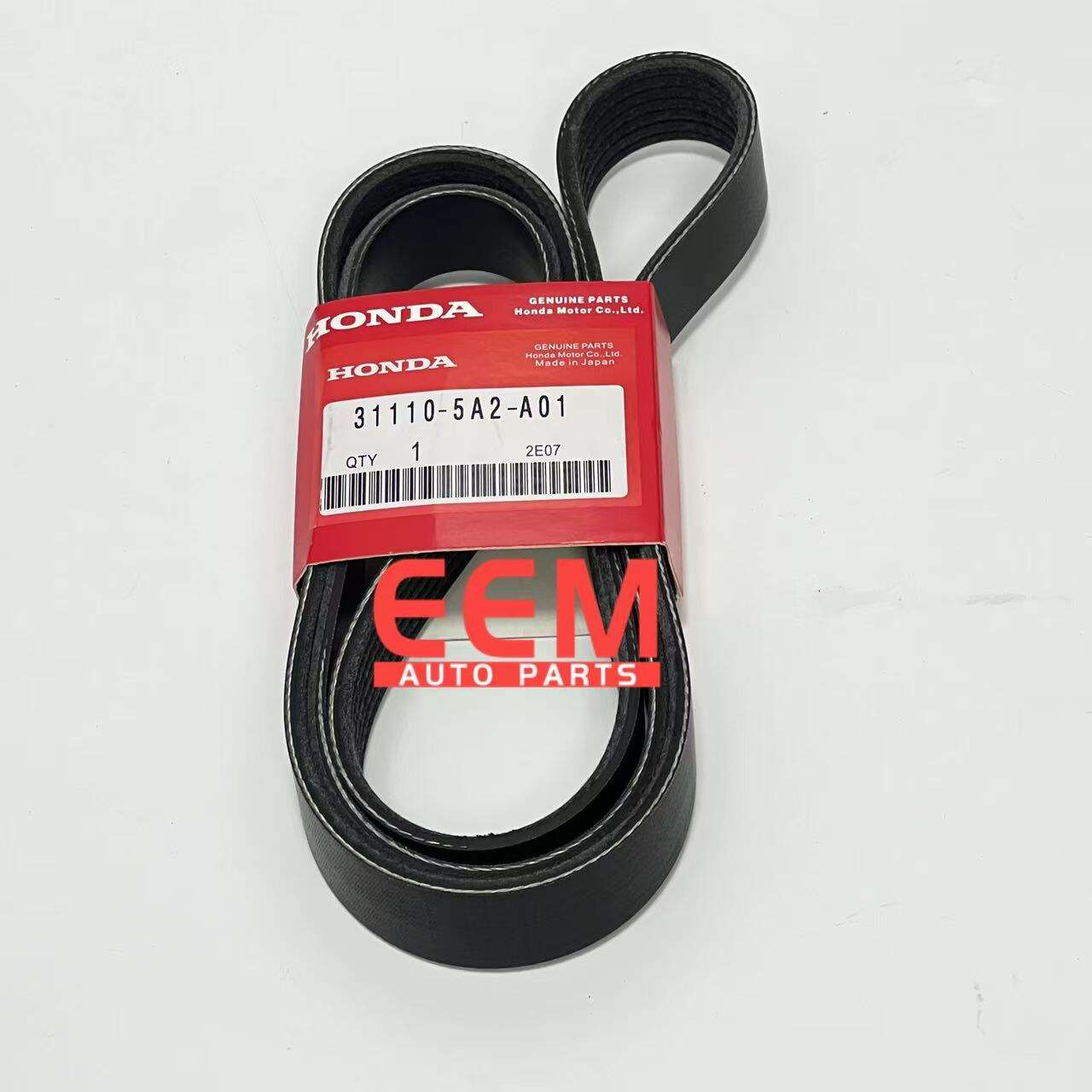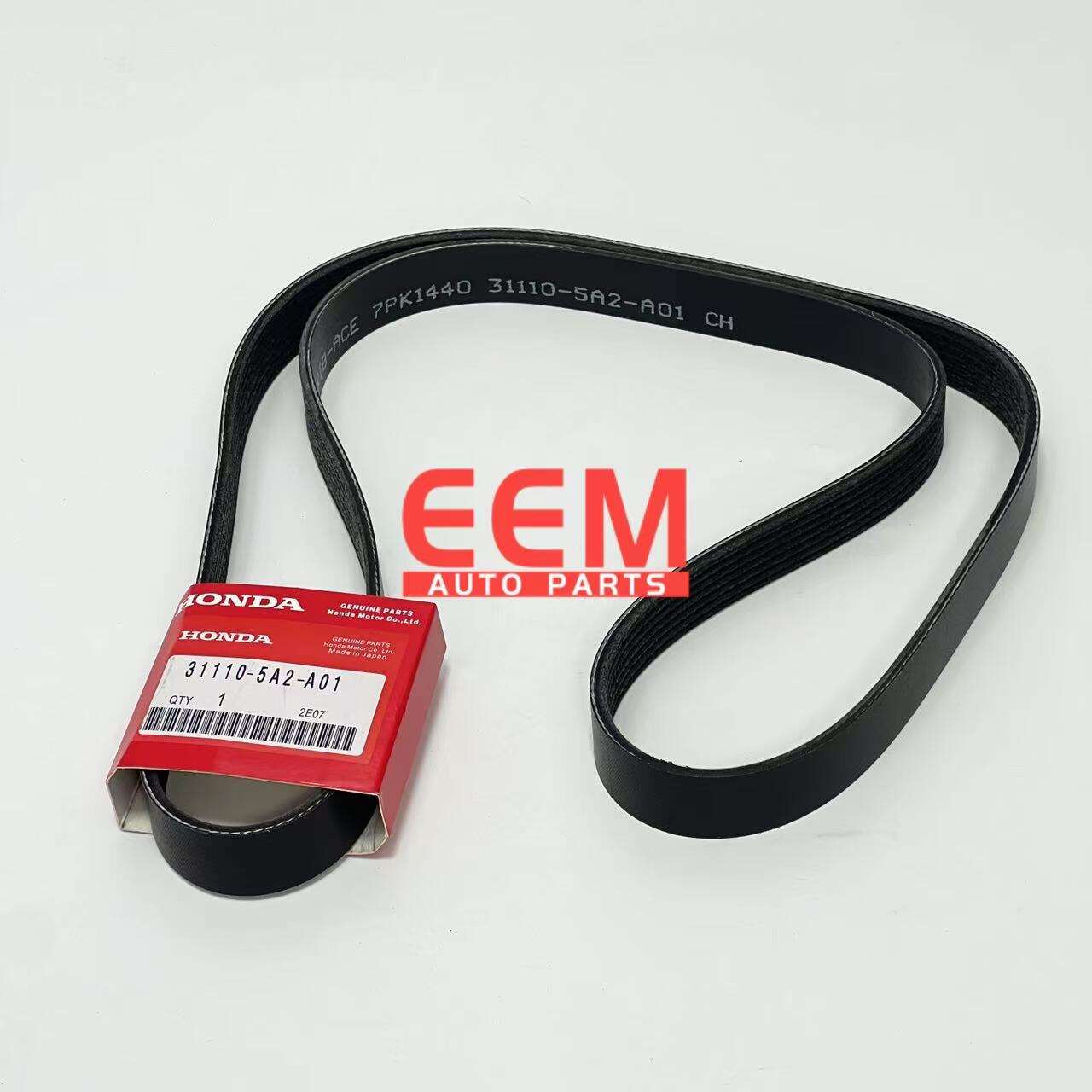Chinese Made Auto Parts: Perfect for Your Car's Needs
Introduction to Chinese Made Auto Parts
The automotive industry is one of the largest and most dynamic industries in the world, and its success depends heavily on the availability and quality of components. Auto Parts form the foundation of every vehicle, covering everything from engines and transmissions to brakes, electrical systems, and interior features. In recent decades, Chinese made Auto Parts have gained significant attention due to their growing role in both domestic and international markets. Today, China is not only the world’s largest vehicle market but also one of the top producers and exporters of Auto Parts, meeting the needs of automakers, repair shops, and individual car owners around the globe.
The Growth of China’s Auto Parts Industry
Early Development
The development of China’s Auto Parts sector began in the latter half of the twentieth century when the nation’s economy opened to global markets. Initially, the industry focused on producing low-cost, basic components for local use. Over time, demand from international automakers encouraged Chinese factories to upgrade technology, invest in research, and improve quality standards.
Expansion into Global Markets
Today, Chinese Auto Parts are exported to more than 200 countries and regions. The rise of global supply chains and China’s strong manufacturing infrastructure has allowed the country to become a crucial hub for both original equipment manufacturer (OEM) parts and aftermarket components. From large-scale car manufacturers to small garages, buyers rely on Chinese suppliers for affordable and reliable solutions.
Innovation and Upgrading
While the industry was once known for producing inexpensive alternatives, Chinese factories now emphasize innovation. Many invest in automation, digital manufacturing, and advanced materials. This shift has positioned China as not only a cost-effective supplier but also a competitive player in high-performance Auto Parts.
Types of Auto Parts Produced in China
Engine and Powertrain Components
Chinese factories manufacture critical engine and powertrain parts such as pistons, crankshafts, camshafts, gaskets, and timing chains. These components are engineered to match global standards, and many are supplied to international automakers as OEM products.

Brake Systems
Brake systems are among the most important safety components in a car. China produces brake pads, discs, calipers, and hydraulic parts that meet international safety certifications. Exported brake parts are widely used in passenger vehicles, commercial fleets, and industrial equipment.
Suspension and Steering
Suspension and steering systems determine a vehicle’s handling, comfort, and safety. Chinese manufacturers produce shock absorbers, struts, control arms, and ball joints that are exported globally. Many suppliers offer parts tailored to specific vehicle models, ensuring compatibility and performance.
Electrical and Electronic Parts
With the increasing electrification of vehicles, demand for electronic Auto Parts has surged. China produces alternators, starters, sensors, ignition systems, and even advanced electronic control units (ECUs). Many factories now specialize in parts for hybrid and electric vehicles.
Body and Interior Components
From bumpers and mirrors to dashboards and seats, body and interior Auto Parts from China are designed to provide aesthetic appeal and functionality. These components are popular in the aftermarket sector for vehicle customization and repair.
Tires and Accessories
Chinese companies are also major producers of tires, batteries, lubricants, and accessories. With global brands establishing joint ventures in China, the country’s reputation for producing high-quality automotive consumables continues to grow.
Why Choose Chinese Made Auto Parts
Cost Effectiveness
One of the primary reasons businesses and individuals turn to Chinese suppliers is affordability. Lower labor costs, economies of scale, and efficient supply chains allow manufacturers to offer competitive prices without sacrificing quality.
Global Standards and Certifications
Many Chinese factories adhere to international certifications such as ISO, CE, and API. This ensures that parts meet or exceed global quality and safety requirements. International automakers increasingly rely on Chinese made Auto Parts for OEM supply.
Scalability and Customization
Chinese manufacturers can scale production rapidly to meet large orders while also providing customized solutions for smaller clients. This flexibility is especially valuable for businesses that require tailored Auto Parts for specific applications.
Innovation and Technology
Modern Chinese factories invest in research and development. Advances in metallurgy, composite materials, and precision engineering allow them to produce parts for high-performance vehicles and emerging markets such as electric and autonomous cars.
Challenges in the Chinese Auto Parts Industry
Counterfeit Products
One of the challenges facing the industry is the prevalence of counterfeit or substandard Auto Parts. These imitations can harm the reputation of genuine manufacturers and pose safety risks to consumers. Efforts to combat counterfeits include stricter regulations and improved supply chain transparency.
Environmental Concerns
As global attention on sustainability grows, Chinese factories face pressure to reduce emissions, recycle waste, and adopt eco-friendly manufacturing practices. Compliance with environmental standards is becoming a critical factor for global buyers.
Competition from Established Brands
Global brands such as Bosch, Denso, and Delphi have long dominated the Auto Parts industry. While Chinese suppliers are closing the gap, they must continue to prove their reliability, innovation, and long-term quality.
The Role of Auto Parts in Vehicle Maintenance
Regular Servicing
Routine maintenance requires components such as oil filters, brake pads, and spark plugs. Chinese made Auto Parts are widely used for servicing vehicles, providing affordable and reliable options for workshops and car owners.
Repairs and Replacements
Accidents or wear and tear often require replacements of body panels, suspension systems, or electronic sensors. Auto Parts sourced from Chinese suppliers help reduce repair costs while maintaining vehicle performance.
Customization and Upgrades
The aftermarket industry thrives on customization. From alloy wheels to upgraded lighting systems, Chinese Auto Parts support the growing trend of personalizing vehicles to reflect individual tastes.
Future Trends in Chinese Auto Parts
Electric Vehicle Components
As the global shift to electric mobility accelerates, China is investing heavily in parts for electric vehicles. Battery systems, electric motors, thermal management solutions, and lightweight materials are areas where Chinese factories are developing expertise.
Smart and Connected Auto Parts
The rise of connected cars and autonomous driving has increased demand for sensors, control units, and advanced electronics. Chinese manufacturers are integrating digital technologies into Auto Parts to meet this demand.
Sustainability in Manufacturing
Factories are adopting green technologies, including renewable energy use, water recycling, and biodegradable materials in packaging. These initiatives align with global efforts to reduce the environmental impact of manufacturing.
Strengthening Global Brands
Many Chinese Auto Parts companies are working to establish international brands. By focusing on quality, innovation, and trust, they aim to compete directly with long-established global suppliers.
Conclusion
Chinese made Auto Parts have grown from being simple, low-cost alternatives to becoming high-quality, reliable solutions for vehicles worldwide. With strong manufacturing infrastructure, global certifications, and ongoing innovation, China has positioned itself as a leading hub for Auto Parts production. While challenges such as counterfeit products and environmental concerns remain, the industry’s trajectory is clear. By focusing on quality, sustainability, and technology, Chinese Auto Parts will continue to play a central role in meeting the diverse needs of global automotive markets.
FAQ
Why are Chinese made Auto Parts so popular?
They are popular due to their cost effectiveness, wide availability, and adherence to global quality standards.
Are Chinese Auto Parts reliable?
Yes, many factories produce parts that meet international certifications and supply OEM components to major automakers.
What types of Auto Parts are made in China?
China produces engine parts, brake systems, suspension components, electrical parts, body panels, tires, and accessories.
How do Chinese manufacturers ensure quality?
They follow strict quality control systems, invest in R&D, and comply with international certifications like ISO and CE.
What are the risks of buying counterfeit Auto Parts?
Counterfeit parts can cause safety issues, damage vehicles, and invalidate warranties.
Do Chinese factories produce parts for electric vehicles?
Yes, they are increasingly focusing on batteries, motors, and thermal systems for electric vehicles.
Are Chinese Auto Parts environmentally friendly?
Factories are adopting greener manufacturing practices, though environmental compliance varies among producers.
Can small businesses source customized Auto Parts from China?
Yes, many Chinese manufacturers offer customization services and flexible order quantities.
How do Chinese Auto Parts compare with global brands?
While established brands dominate in reputation, Chinese Auto Parts are catching up quickly in terms of quality and innovation.
What is the future of Chinese Auto Parts?
The future includes greater emphasis on electric vehicle components, digital integration, sustainable manufacturing, and stronger global brand recognition.
Table of Contents
- Chinese Made Auto Parts: Perfect for Your Car's Needs
- Introduction to Chinese Made Auto Parts
- The Growth of China’s Auto Parts Industry
- Types of Auto Parts Produced in China
- Why Choose Chinese Made Auto Parts
- Challenges in the Chinese Auto Parts Industry
- The Role of Auto Parts in Vehicle Maintenance
- Future Trends in Chinese Auto Parts
- Conclusion
-
FAQ
- Why are Chinese made Auto Parts so popular?
- Are Chinese Auto Parts reliable?
- What types of Auto Parts are made in China?
- How do Chinese manufacturers ensure quality?
- What are the risks of buying counterfeit Auto Parts?
- Do Chinese factories produce parts for electric vehicles?
- Are Chinese Auto Parts environmentally friendly?
- Can small businesses source customized Auto Parts from China?
- How do Chinese Auto Parts compare with global brands?
- What is the future of Chinese Auto Parts?

